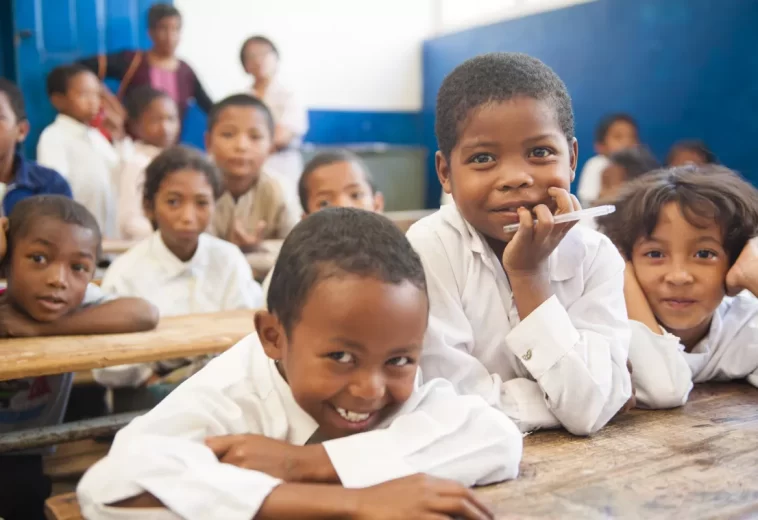Africa faces a significant energy challenge. Despite being home to about 17% of the world’s population, the continent accounts for only 4% of global electricity use. Nearly 600 million Africans lack access to electricity, particularly in rural areas. Traditional energy sources, such as fossil fuels and biomass, are not only environmentally damaging but also insufficient to meet the continent’s growing energy demands.
Solar energy offers a compelling solution. Africa’s renewable energy revolution is gaining momentum, with several countries leading the charge towards a sustainable energy future. The advancements in solar technology have made it more accessible and affordable for African countries. Rwanda, under the leadership of President Paul Kagame, has made significant steps with its $23.7 million investment in the 8.5MW Gigawatt Global Solar Field, providing electricity to 15,000 homes and creating jobs for hundreds of locals.
Kenya, under the aegis of former President Uhuru Kenyatta, has also emerged as a green energy leader with projects like the Garissa Solar Plant, one of Africa’s largest, which will generate 54.6 MW of clean energy and power 625,000 homes. Kenya aims to achieve 100% green energy by 2030, significantly reducing carbon emissions and enhancing energy security.
South Africa’s Renewable Energy Independent Power Producer Procurement Programme (REIPPPP) has attracted over $14 billion in investments, marking a significant step towards diversifying its energy mix. President Cyril Ramaphosa has been a strong advocate of this initiative, aiming to increase the share of renewables in the national grid and create thousands of megawatts of clean energy.
Morocco’s Noor Ouarzazate Solar Complex is one of the world’s largest concentrated solar power plants, generating 580 MW and powering over a million homes. The $9 billion project reflects King Mohammed VI’s vision for a sustainable future and Morocco’s goal to generate 52% of its electricity from renewable sources by 2030.
In Nigeria, the Solar Power Naija initiative aims to install 5 million solar systems with an investment of around $200 million, providing electricity to 25 million Nigerians and fostering economic growth and improved living standards. This initiative is part of the country’s efforts to improve energy access in underserved communities and was spearheaded by former President Muhammadu Buhari’s administration.
READ ALSO: Powering Africa: Bold Moves to Eradicate Energy Poverty
According to the International Renewable Energy Agency (IRENA), renewable energy could create up to 4.5 million jobs in Africa by 2030, transforming communities and driving economic growth. By reducing reliance on imported fossil fuels, African countries are achieving greater energy security and stability, as President Paul Kagame noted, “Renewable energy is a key part of our strategy to build a resilient and sustainable economy for the future.”
Solar energy plays a crucial role in combating climate change, as it significantly cuts carbon emissions. The African Development Bank estimates that switching to renewable energy could reduce Africa’s greenhouse gas emissions by up to 32% by 2030. This shift towards clean energy supports the continent’s sustainable development goals, ensuring a healthier environment for future generations. As President Uhuru Kenyatta emphasized, “Clean energy is the bedrock of sustainable development. It is the path to a future where growth and environmental stewardship go hand in hand.” With solar energy at the forefront of Africa’s energy mix, the continent is poised to reap the benefits of a low-carbon future, fostering economic growth, job creation, and environmental sustainability.
Through these investments and visionary leadership, African nations are not only addressing their energy needs but also setting a powerful example of how renewable energy can drive sustainable development and positive change.


